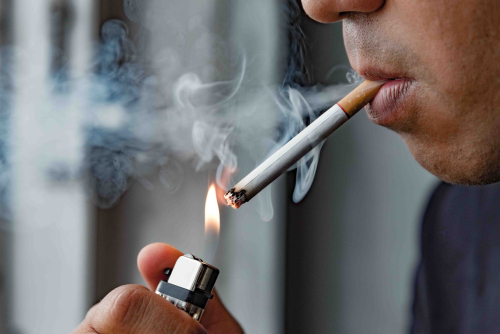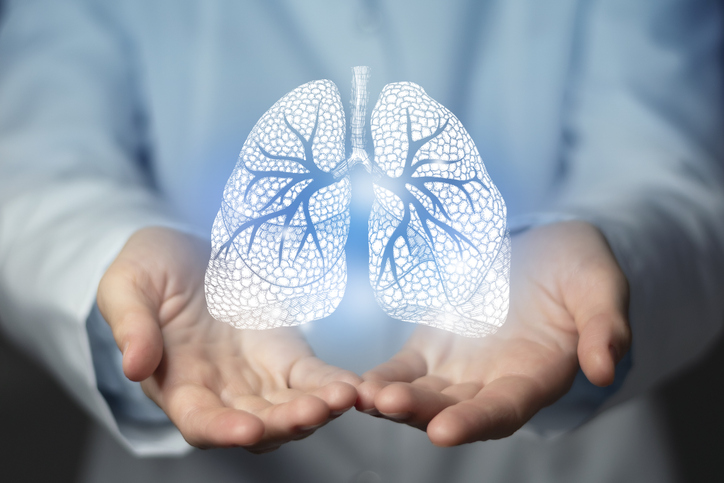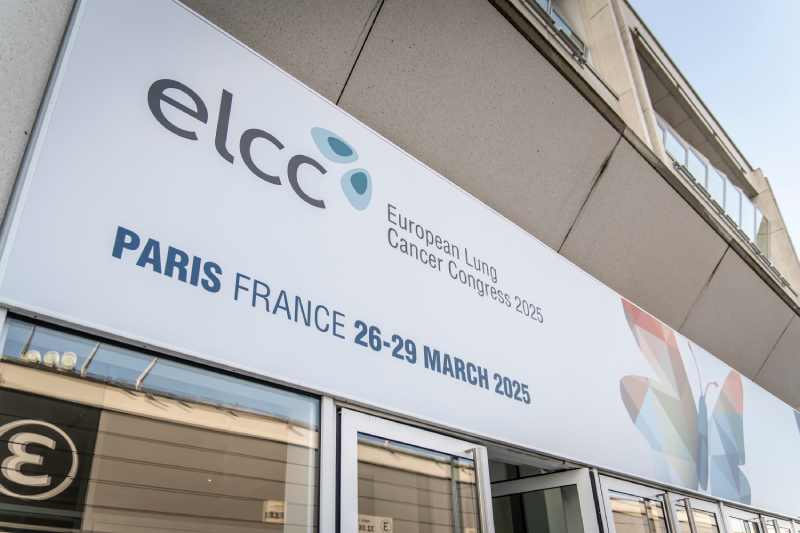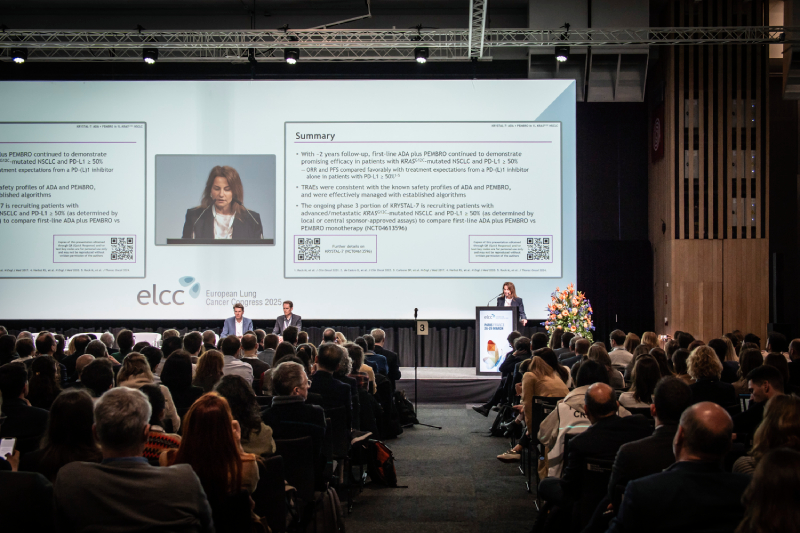
The use of tobacco negatively affects survival outcomes in patients with advanced NSCLC who are receiving EGFR-TKI treatment, according to Zexun Mo et al.
Following searches in the PubMed, MEDLINE, Embase, and Cochrane Library databases, 11 studies that included 6760 patients were identified to use for the systemic review and meta-analysis.
“We aimed to analyze the efficacy of EGFR-TKI treatment in patients with advanced NSCLC of different smoking habits,” the researchers said.
Three groups were studied: EGFR-TKIs and placebo, EGFR-TKIs and chemotherapy, and EGFR-TKIs combined with vascular endothelial growth factor (VEGF) and EGFR-TKIs monotherapy. PFS and OS were the primary end points.
Compared with nonsmokers, patients who previously or currently smoked had significantly reduced PFS and OS for NSCLC treatment with EGFR-TKIs. However, the researchers saw that EGFR-TKIs combined with anti-VEGF therapy can reduce the risk of disease progression in smokers. The finding suggests that this treatment mode has greater clinical benefits for smokers, the researchers said.
“Previous research works also suggest that nicotine in tobacco can mediate resistance to EGFR-TKIs in NSCLC patients with EGFR mutations,” the researchers said. “Therefore, we believe that smoking may affect the efficacy of EGFR-TKIs by altering the expression of driving genes in NSCLC patients and mediating EGFR-TKI resistance.”







 © 2025 Mashup Media, LLC, a Formedics Property. All Rights Reserved.
© 2025 Mashup Media, LLC, a Formedics Property. All Rights Reserved.